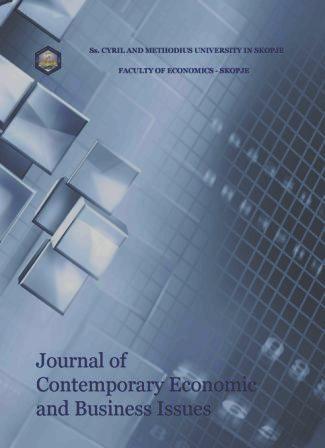THE ROLE OF INTELLECTUAL CAPITAL AND ITS ACCOUNTING RECOGNITION AND MEASUREMENT
Keywords:
Corporate annual reports, intellectual capital, management, measurement, recognitionAbstract
In the last two decades, the economy has moved from industrial to knowledgebased, with the result that basic economic resources no longer consist of natural resources, capital and labor, but knowledge. In a knowledge based economy, what creates a competitive advantage and value is the resources of knowledge such as human capital, processes, external brands, and networks. The source of companies’ economic value no longer depends only on the production of material goods, but on the creation and management of intellectual capital. As a result, the concept of intellectual capital, which quantifies knowledge, skills, relationships, processes, innovations and other components of intangible assets, has become the most important business factor. The main objective is to examine the need for modifying the accounting theory to provide a standardized and comparable approach when using accounting and intellectual capital reports. Measurement and recognition of intellectual capital in financial statements are not limited by the requirements for legal explanations, while discretionary and contextual considerations are advisable. Despite the transition from the industrial to the knowledge economy, financial reporting is not sufficiently tailored to keep pace with the change in value-creation processes and the most significant changes that will yet take a turn in the financial context and reporting on the intellectual capital of an organization.
References
Downloads
Published
Issue
Section
License
Authors retain copyright of the published papers and grant to the publisher the non-exclusive right to publish the article, to be cited as its original publisher in case of reuse, and to distribute it in all forms and media.
Authors are permitted to deposit publisher's version (PDF) of their work in any repository, personal and institutional websites, but full bibliographic information (authors, titles, volume, issue etc.) about the original publication must be provided.

